Qu'est-ce que le linalol ?
Si vous avez déjà rencontré du cannabis qui a un parfum de lavande, il y a de fortes chances que vous ayez eu une brève expérience avec le linalol. C'est un terpène que l'on trouve dans de nombreuses plantes différentes, dont le jasmin, la lavande, le bois de rose, le basilic ou le thym. Il peut également être trouvé dans une certaine variété de cannabis. Certains disent que cela ajoute un sédatif supplémentaire à l'utilisateur.
Le linalol est si rare à trouver qu'une personne moyenne n'en mange que 2 grammes par an. De plus, il est extrêmement inhabituel de le trouver dans le cannabis et il se déplace très rapidement dans le corps humain. Le linalol est extrêmement sûr, car il est biologique et non toxique. Il y a des arguments sur ce qui affecte le linalol lorsqu'il se trouve dans le cannabis, mais voici ce que nous avons rencontré.
En fin de compte, il existe deux types différents de linalol. À savoir, le licaérol et la coriandrol. Les deux sont presque identiques dans leur composition mais ils sont complètement différents dans leur parfum et leur arôme.
Licaerol, comme son nom l'indique, se trouve dans la lavande et a un doux parfum floral. Il est également connu sous le nom de composé R-linalool.
La coriandre se trouve dans la coriandre et elle a une odeur agréable avec un soupçon d'agrumes. La souche de coriandrol est également connue sous le nom de S-linalool.
La différence entre les deux est infime, car ils sont essentiellement le reflet l'un de l'autre. L'une des meilleures façons d'analyser les deux se trouve sur votre propre anatomie humaine. Pensez à votre main gauche et droite. Ce sont les deux mains et elles ont le même nombre de doigts et la même longueur, mais elles ne sont pas identiques. Ils se reflètent essentiellement, un peu comme les souches de linalol R et S. Vous pouvez trouver les deux souches dans le cannabis sous le nom de linalol, même si elles offrent des arômes différents.
Production de linalol
Les plantes produisent du linalol dans le cadre de leur mécanisme de défense contre les ravageurs envahissants. Ces parasites comprennent les puces, les cafards et les mouches. Grâce au linalol, produit dans des centaines de plantes, l'organisme vivant peut se défendre contre les prédateurs.
Le linalol est produit par la plante comme insecticide interne de protection. La plupart des professionnels de la lutte antiparasitaire utilisent également le linalol, car il est extrêmement efficace contre les insectes et ne nuit pas non plus à l'environnement.
Utilisations du linalol
En plus d'être un insecticide interne protecteur que les plantes produisent pour repousser les insectes prédateurs, le linalol a également été adapté à l'usage humain. La plupart des savons, liquides vaisselle et parfums à la lavande les plus populaires contiennent du linalol. Il existe également de nombreux traitements d'aromathérapie qui utilisent également le composé, grâce à son odeur agréable et apaisante. En fait, récemment, une équipe de recherche scientifique a prouvé que le linalol, dans sa forme la plus basique, peut réduire massivement le stress et l'anxiété chez la souris.
La lavande est considérée comme un parfum désirable depuis des siècles, il n'est donc pas surprenant que les variétés de cannabis avec un soupçon de lavande dans leur bouquet soient populaires. Des exemples célèbres incluent les variétés Master Kush et OG Shark. Comme elles contiennent du linalol, les deux souches peuvent réduire les niveaux d'anxiété et donner à l'utilisateur un high relaxant.
Linalol dans le Cannabis
Le cannabis est composé de nombreuses molécules différentes et il est difficile de comprendre comment chaque molécule affecte la souche. En utilisant l'effet d'entourage, une théorie qui identifie l'effet collectif de chaque composé dans une variété, on pense que le linalol a un impact positif sur le cannabis.
D'une part, on pense que le linalol donne une expérience plus détendue à l'utilisateur lorsqu'il fume une variété avec. Le revers de la médaille est qu'il n'y a aucune preuve scientifique pour prouver qu'une souche contenant du linalol produit des effets psychotropes. En fin de compte, on pense que les souches de cannabis contenant le composé de linalol réduisent l'anxiété et le stress plus efficacement que les souches qui n'en contiennent pas.
Lutter contre le cancer
Des recherches suggèrent que le linalol pourrait être une aide thérapeutique efficace dans la lutte contre le cancer. En consommant des souches de cannabis contenant du linalol, les patients atteints de cancer peuvent constater une réduction de la vitesse à laquelle les cellules cancéreuses se divisent et se propagent. Cela donne au système immunitaire du corps plus de temps pour combattre la maladie.
Lutter contre la maladie d'Alzheimer
Un autre avantage du linalol est l'aide qu'il peut apporter dans la lutte contre la maladie d'Alzheimer. Selon une étude de 2016, il a été découvert que le linalol prévenait la maladie d'Alzheimer en inversant les caractéristiques histopathologiques de la maladie. L'utilisateur recevrait également certains avantages cognitifs et émotionnels de l'utilisation du linalol.
L'étude a été menée sur des souris induites par une forme triple transgénique d'Alzheimer. Pendant trois mois, les souris testées ont reçu du linalol par voie orale. L'étude a révélé que les souris traitées avec du linalol étaient plus efficaces pour résoudre des énigmes et des labyrinthes par rapport aux résoudre des énigmes et des labyrinthes par rapport au groupe qui n'a pas été traité avec du linalol.
Linalol l'Antidépresseur
Pendant des siècles, on a pensé que les plantes contenant du linalol pouvaient agir comme antidépresseurs. Cependant, il a récemment été étudié.
Il y avait une confusion quant à savoir si l'odeur est ce qui aide à soulager l'anxiété des gens ou si c'était le composé lui-même une fois ingéré. Le Dr Guzmán-Guetiérrez a mis cela à l'épreuve en étudiant les différents impacts de l'ingestion d'une variété de cannabis contenant du linalol. Les résultats ont montré que le patient bénéficierait d'une augmentation de la sérotonine et de la dopamine, agissant comme un antidépresseur. En inhalant une forte odeur de lavande purifiée, les patients souffrant de dépression ne gagneraient qu'à être plus sociables.
Variétés de cannabis à haute teneur en linalol
Bien qu'il puisse être difficile de trouver des variétés de cannabis à base de linalol, nous vous recommandons d'essayer l'une des solutions suivantes si vous le souhaitez.
Amnesia Haze
Il est difficile de déterminer si l'amnesia haze est une variété de cannabis indica ou sativa, car elle présente des caractéristiques des deux côtés. Bien que, si l'on demandait aux utilisateurs, la majorité pencherait probablement pour que la variété soit sativa.
Amnesia Haze rend l'esprit plus vif que d'habitude. Ainsi, lorsqu'elle est prise dans un environnement apaisant, il est suggéré que la souche ait un impact instantané, donnant à l'utilisateur une conscience accrue de son environnement.
À des fins récréatives, cette variété de cannabis a un impact positif sur les aspects mentaux et physiques du corps. C'est particulièrement agréable avec des affaires qui impliquent à la fois le corps et l'esprit – comme le sexe.
En termes d'avantages médicaux, Amnesia Haze peut aider ceux qui ont des difficultés à garder leur attention. Pour les personnes souffrant de TDAH, Amnesia Haze a été trouvée pour les aider à se concentrer sur des tâches spécifiques.
D'un autre côté, Amnesia Haze fait également ressortir certains effets secondaires négatifs. Il n'est pas rare que les utilisateurs éprouvent de la paranoïa ou des réflexions excessives. On dit que l'esprit se précipite d'une pensée à l'autre à un rythme effréné. Ainsi, il est recommandé aux consommateurs de cannabis inexpérimentés de faire très attention au dosage.
Lavande
Une autre variété de cannabis riche en linalol est Lavender, qui a une saveur similaire à un certain hachis afghan. La souche elle-même est assez puissante et a tendance à détendre et à calmer l'utilisateur, laissant très souvent les gens se sentir paresseux. Si vous êtes un utilisateur inexpérimenté, vous pouvez même vous endormir. Les effets secondaires négatifs de cette souche comprennent la bouche cotonneuse, les yeux secs, les étourdissements et la paranoïa.
L'un des moyens les plus efficaces d'utiliser la variété Lavender est la nuit pour les personnes souffrant d'insomnie. Il a également été utilisé pour réduire le stress, l'anxiété et la dépression. La lavande a même été prescrite aux personnes souffrant de SSPT, de TDAH ou de tout autre comportement obsessionnel-compulsif.
Une autre utilisation positive de la variété de cannabis Lavender est qu'elle fonctionne bien contre l'anorexie. Les patients qui souffrent de troubles de l'alimentation peuvent revenir à la souche car elle est riche en CBD, qui fonctionne également bien contre les convulsions.


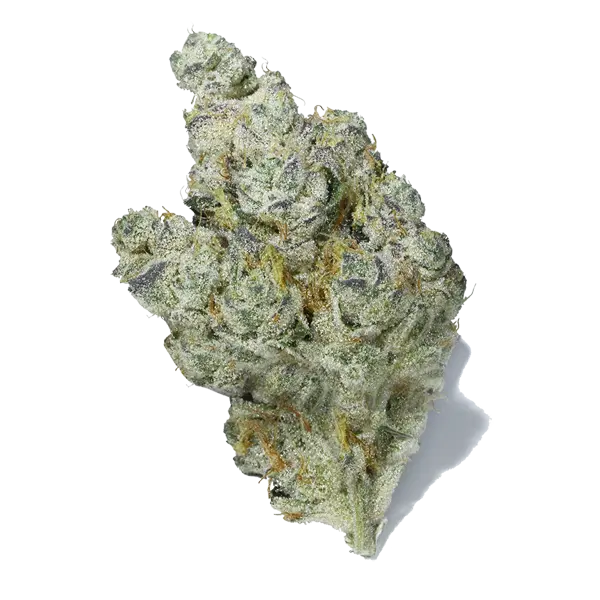
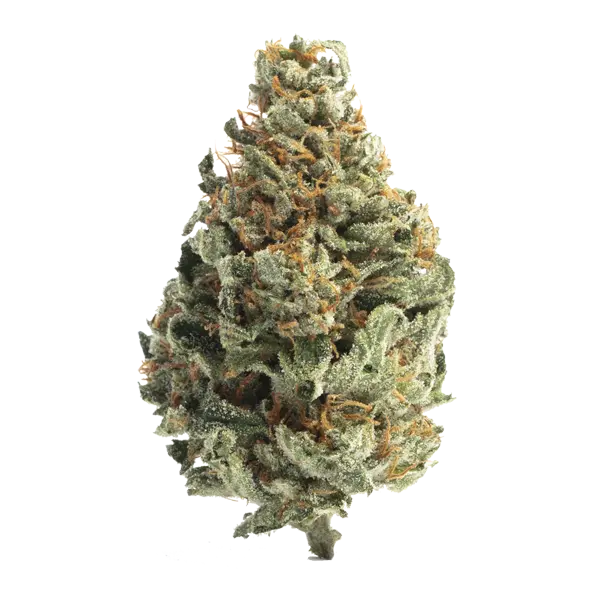
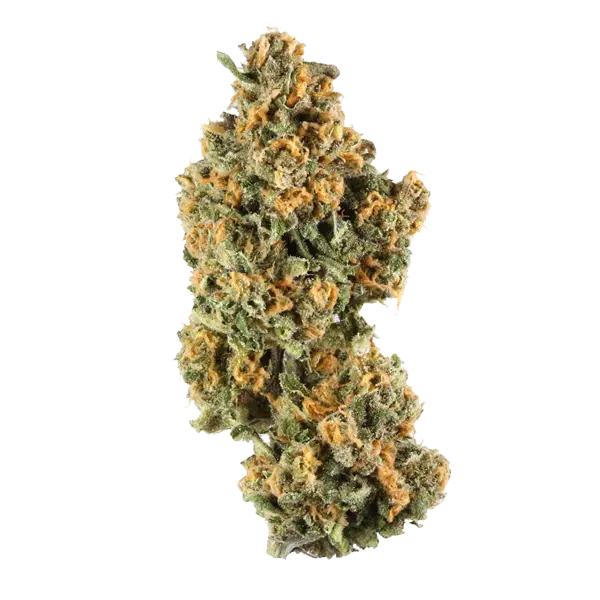

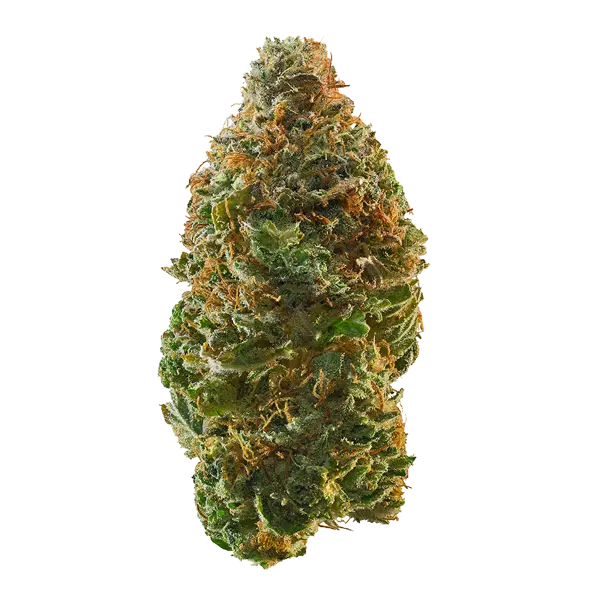

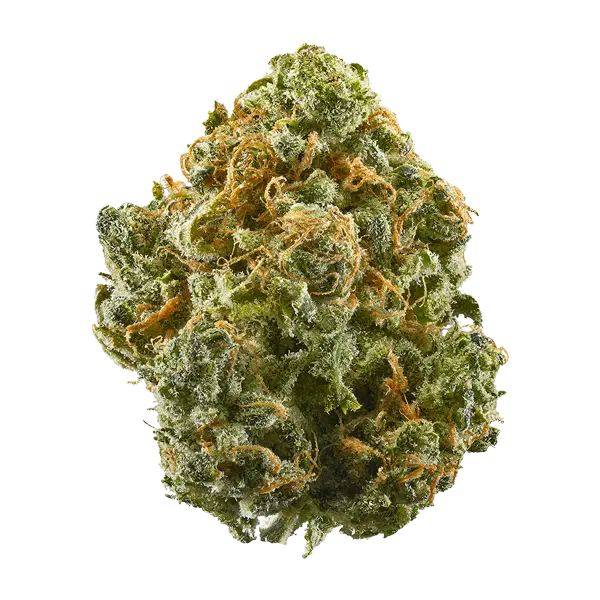







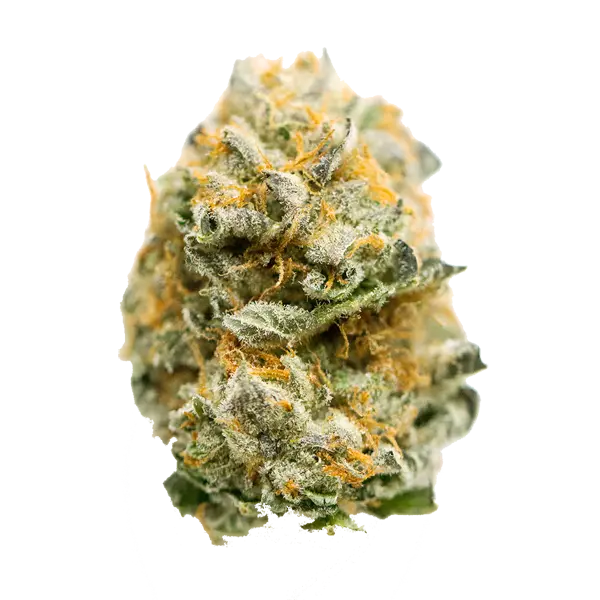
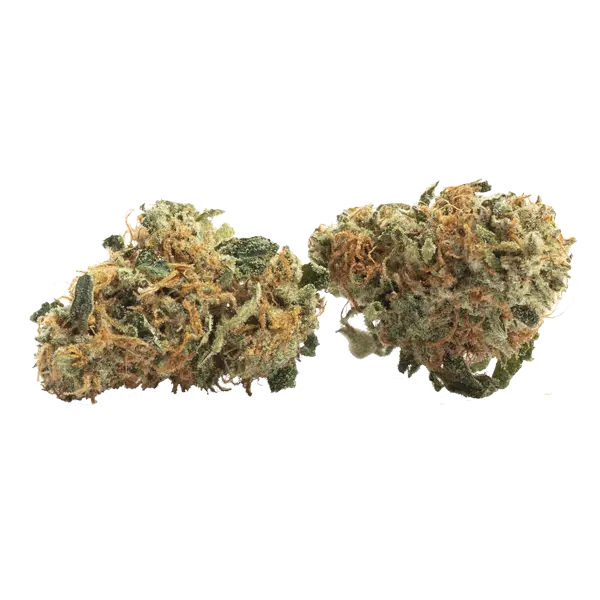
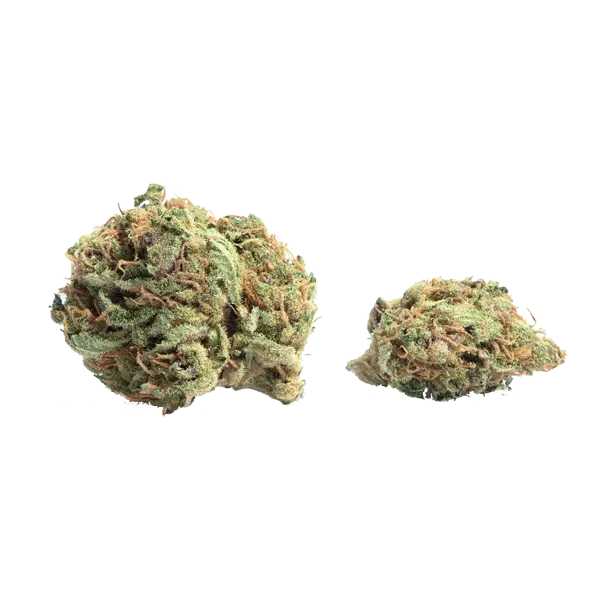







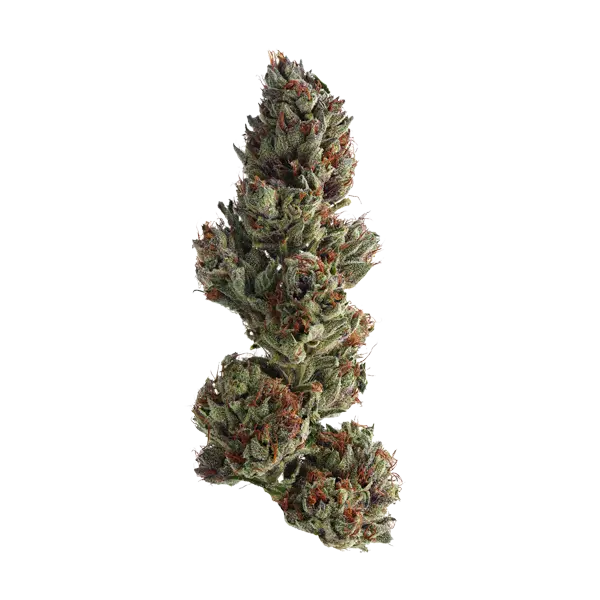



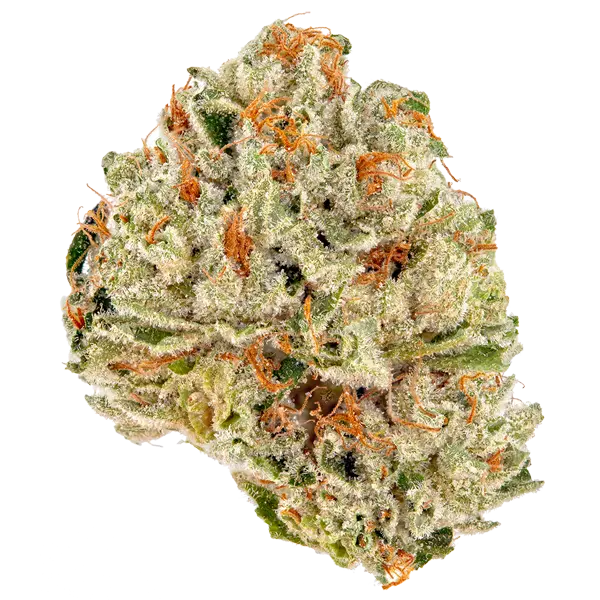
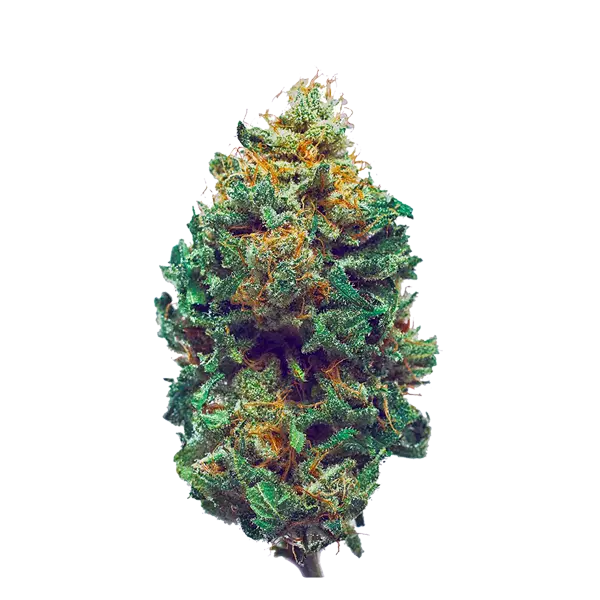
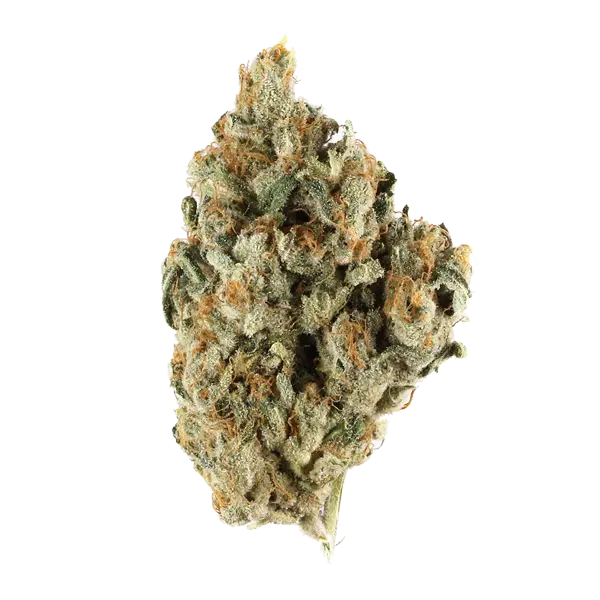

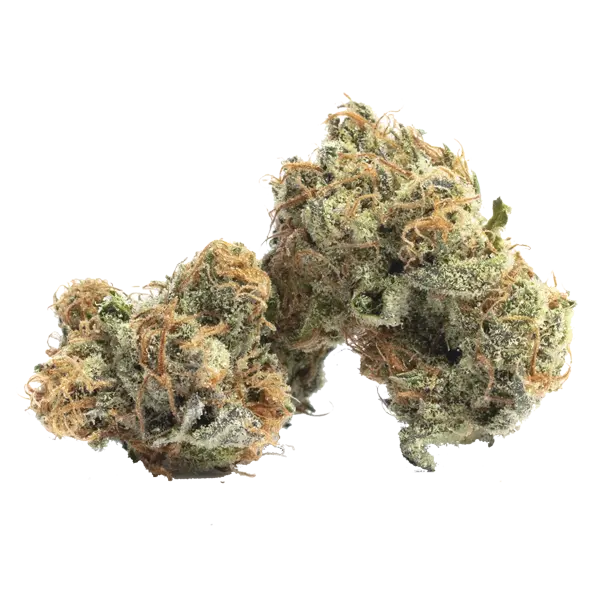
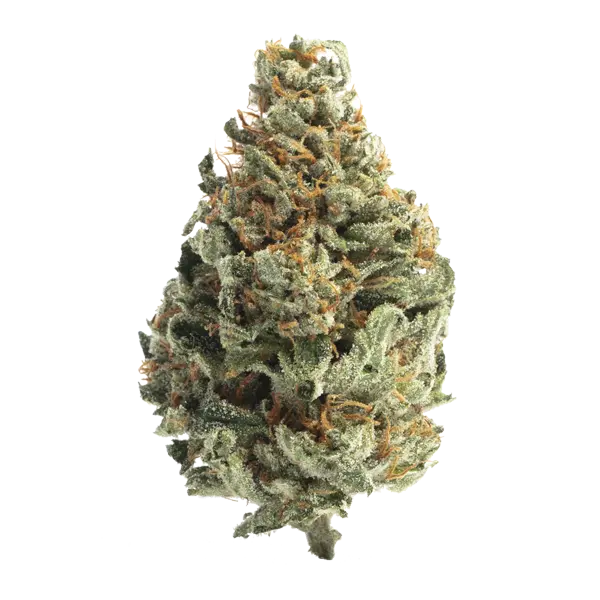
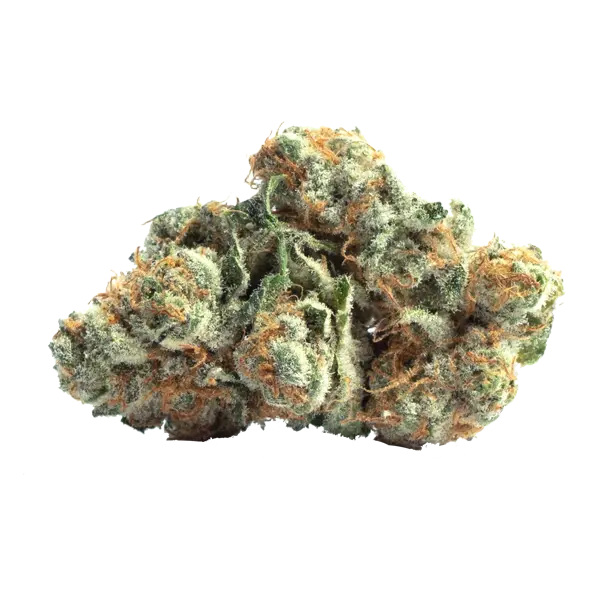
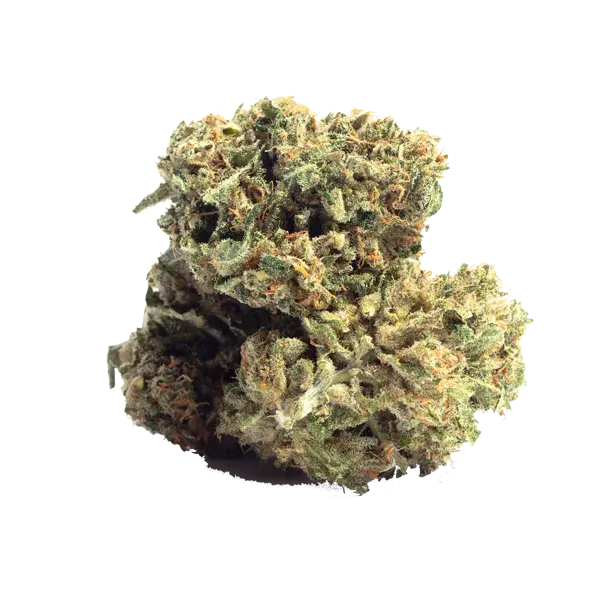
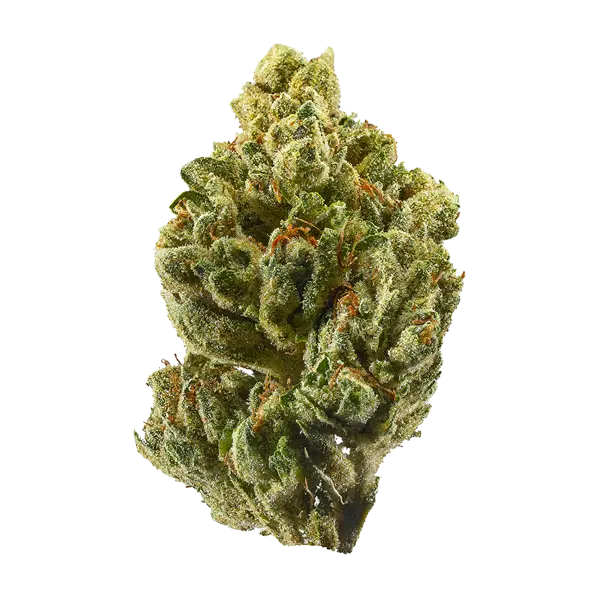
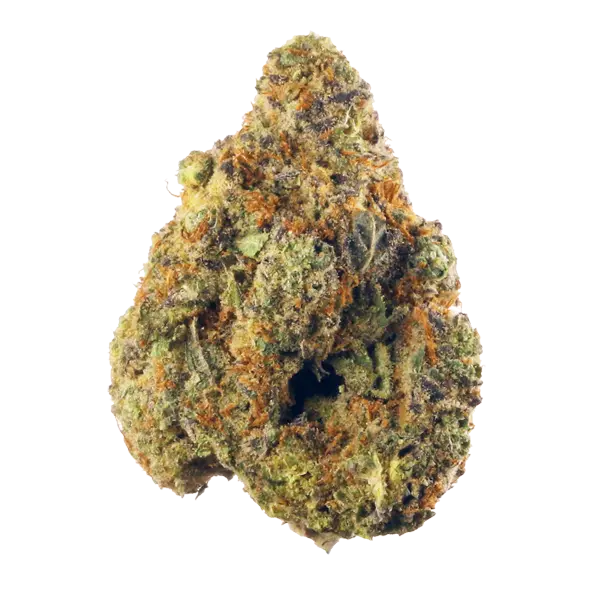
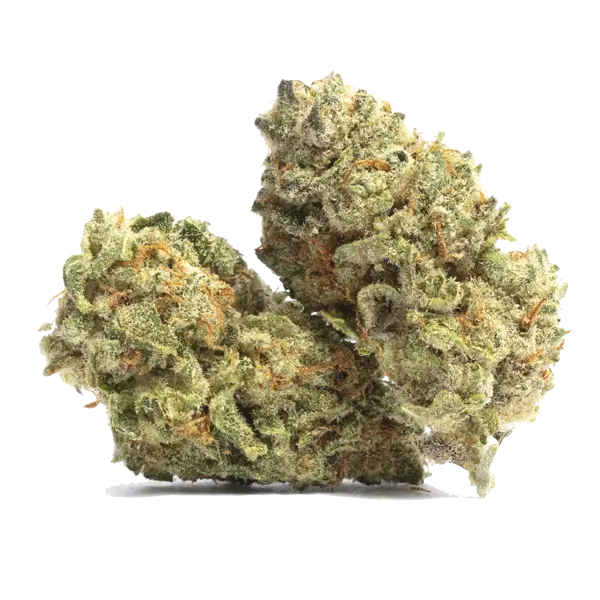
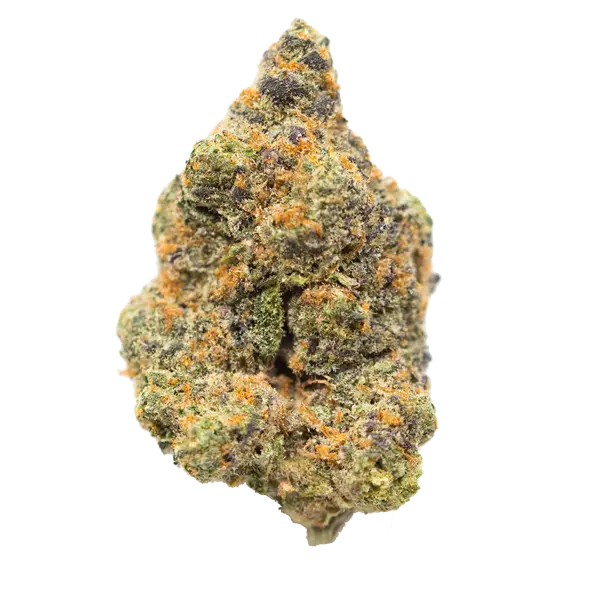

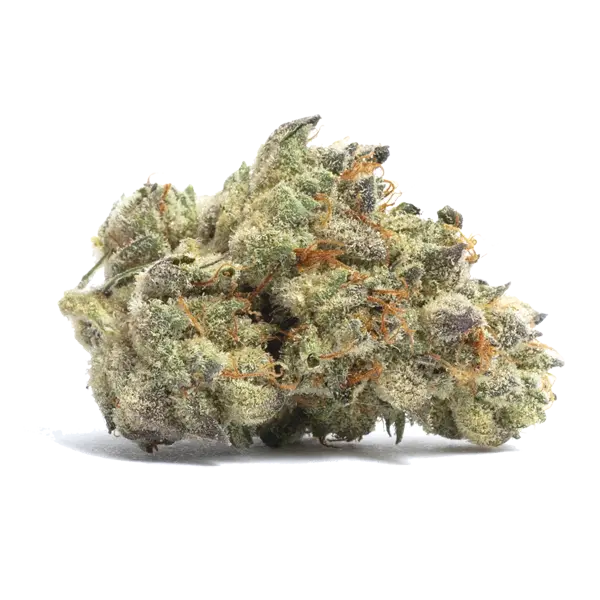
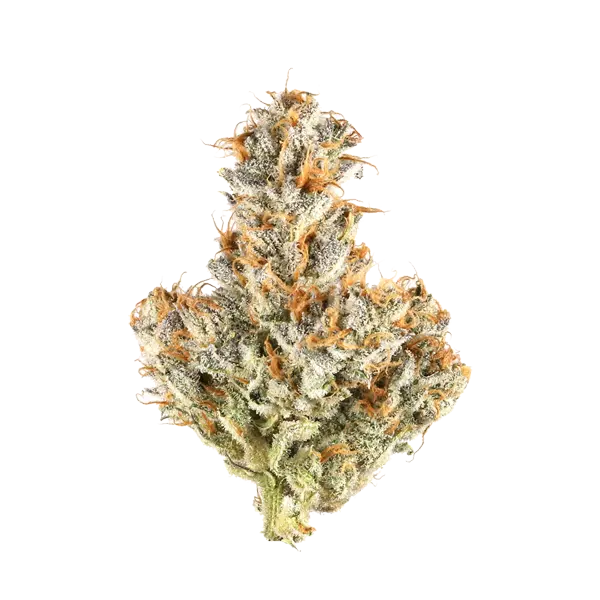



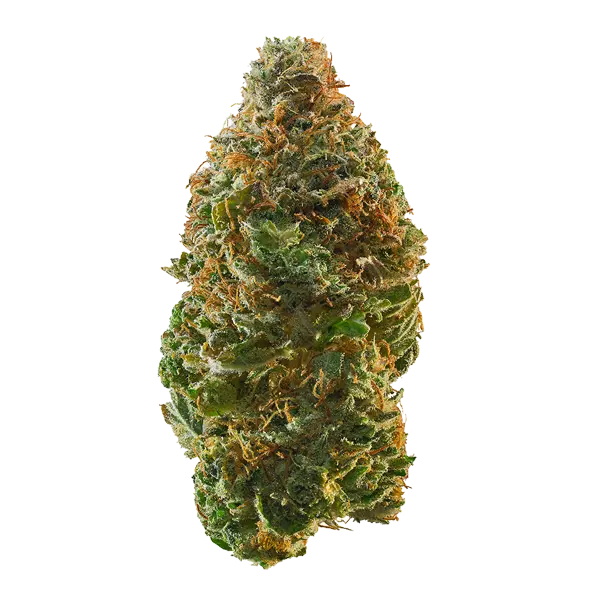















 Comment sélectionner une variété de Cannabis
Comment sélectionner une variété de Cannabis Profil de Variété de Cannabis 818 OG
Profil de Variété de Cannabis 818 OG








